
Policy Accomplishments
FRA’s Strategic Plan identifies several key priorities for its advocacy on behalf of the industries we serve.
Building Public Policy Engagement
FRA provides an effective member voice in Washington, DC, defending against threatening legislation and regulation, and advancing public policies that support industry sustainability.
Guestworker Visas
industry relies heavily on foreign guestworkers to supplement our U.S. workforce to sustain forests, collect pine straw, improve timber stands, and manage vegetation. Because this work is usually seasonal, and because tree planting crews are itinerant without connection to a community, domestic workers are typically not interested in these jobs.
The Congressionally mandated cap of 66,000 H-2B visas is inadequate to meet the labor needs of seasonal businesses, including H-2B forestry workers. In FY2020, the employers of forestry workers only received 64 percent of the workers they had requested. With anticipated increased demand for tree planting over the next five years, it is important that accessibility to H-2B guestworkers be improved.
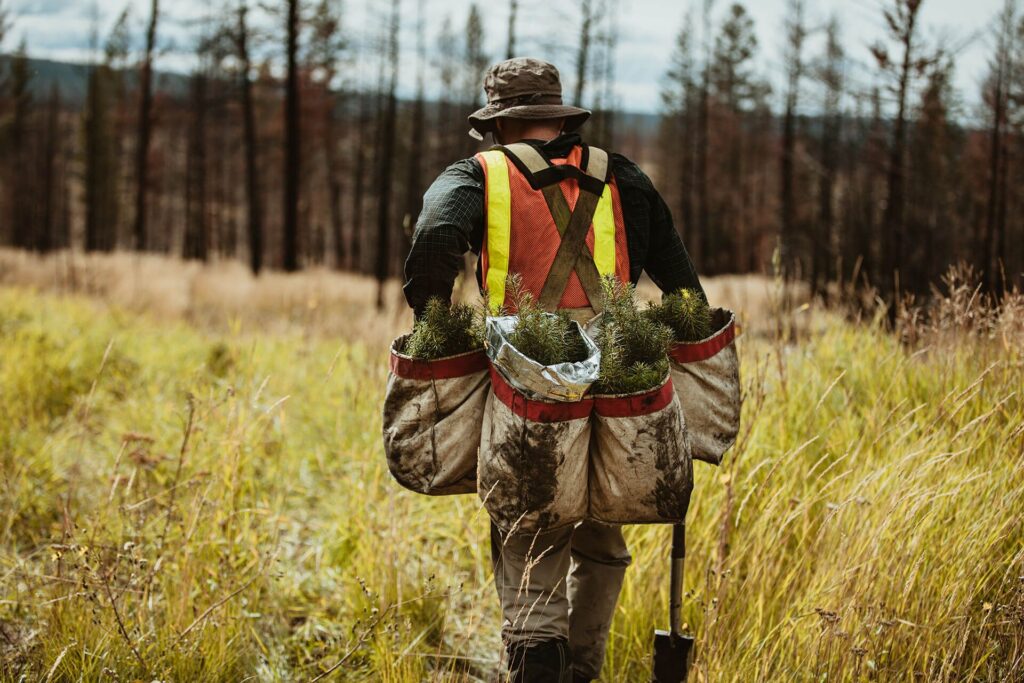
To address the guestworker visa issue in 2020, FRA:
- Implemented a survey of employers of H-2B forestry workers. This information provided FRA with data showing the importance of H-2B forestry workers to tree-planting in the United States. This data was used to help understand the economic impacts of H-2B forestry workers in rural forest-dependent communities.
- Using the information from the survey and leveraging our relationships with White House staff, FRA was able to show the negative impacts of suspending the entry of H-2B workers into the United States. This work resulted in H-2B forestry workers being recognized in the National Interest Exception to the Presidential Proclamation suspending non-immigrant labor into the United States until December 31, 2020. The national exception guidance allowed over a million acres to be planted that would not have been possible without the exception. FRA released a public statement that recognized the significance of forestry being included as a national interest.
- Collaborated with FRA member Rayonier to develop a video that shows the importance of H-2B workers to the forest products industry. The video has been used in discussions with Members of Congress.
- Succeeded in including discretionary language in the final spending bill for FY2021. The Department of Homeland Security (DHS) will now be allowed to increase the number of H-2B visas in FY2021 if American workers do not fill these positions. This language is critical to securing H-2B forestry workers as the demand greatly exceeds the mandated cap of 66,000 workers.
- Worked with White House staff and the National Economic Council to address concerns regarding the Guatemala City Consulate denying H-2B forestry worker visas. This work resulted in the Consulate expediting and adjudicating forestry workers via virtual interviews.
- Collaborated effectively with strategic allies to promote the importance of H-2B workers and address the many challenges impacting the program.
- Continued to monitor the release of the Department of Labor’s (DOL) proposed rule recommending changes to the H-2A Guestworker Visa program and the possible inclusion of forestry. FRA submitted comments in opposition to the proposed rule in September 2019, with suggestions on how to address industry’s concerns. The DOL has not yet published the final rule on the proposed changes, however at the time of writing we expect it to be published soon.
Transportation
One of FRA’s goals is to identify solutions through legislation that will address transportation challenges, including inefficiencies, safety, and labor shortages.
FRA continued to advance the Safe Routes Act (HR 2453, S.1509), a bill FRA drafted and worked with Congressman Mike Gallagher (R-WI-8) and Senator Ron Johnson (R-WI) to introduce in the 116th Congress. The bipartisan legislation in the House currently has 24 cosponsors from 14 states.
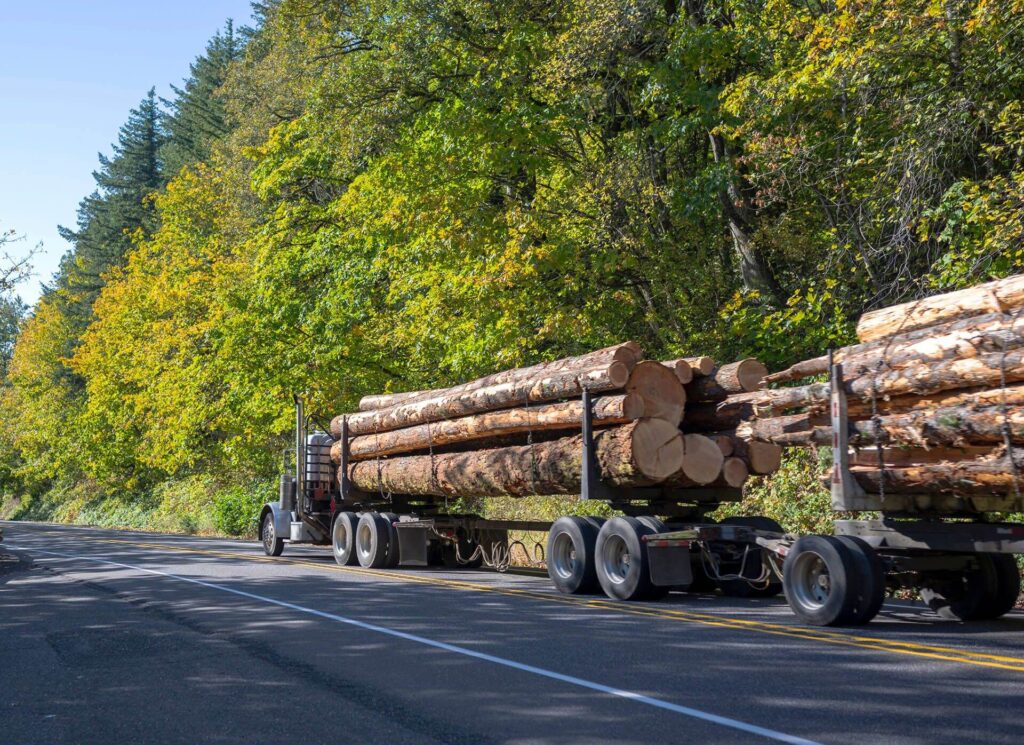
To advance the Safe Routes Act in Congress in 2020, FRA:
- Worked with the Congressman to introduce the Safe Routes Act in the 117th Congress. FRA will work to build cosponsors in a bipartisan fashion. (Note: this happened in the early days of 2021).
- Completed research in four Southeastern U.S. states (Alabama, Georgia, North Carolina, and South Carolina) during the spring of 2020, highlighting the safety benefits of the provisions included in the Safe Routes Act. FRA created a video to promote the research findings. Dr. Joe Conrad’s research was published in September 2020 in the International Journal of Forest Engineering.
- Worked with Congressman Gallagher and Congressman Jared Golden (D-ME-2) to prepare amendments to the House surface bill reauthorization that were submitted for consideration to the House Transportation and Infrastructure (T & I) Committee and House Rules Committee, respectively. The Gallagher amendment was withdrawn by the Congressman after House T & I Chairman Peter DeFazio (D-OR-4) offered to work with Gallagher to improve the legislation. The Chairman of the Rules Committee, Congressman Jim McGovern (D-MA-2), denied the Golden amendment as he is opposed to any legislation that would allow more than 80,000 pounds on the interstate.
- Met with highway safety groups and railroads to highlight the safety benefits of the Safe Routes Act provisions. FRA’s goal is to have these groups remain neutral on the legislation.
- Partnered with the National Timber Harvesting and Transportation Safety Foundation (THATS), Great Lakes Timber Professionals Association (GLTPA), Forest Industry Safety Training Alliance (FISTA), and the University of Minnesota on a study to analyze data to explore whether allowing state-legal log trucks on interstate highways in the Lake States Region will simultaneously increase both safety and efficiency of log truck transportation. FRA’s goal is to use the findings of the research to advance the Safe Routes Act.
Forest Based Biomass
The concept of biomass carbon neutrality (net zero carbon emissions) is grounded in the fact that carbon emissions from biomass combustion are fully offset by working forest landscapes that continually absorb carbon from the atmosphere. It is a basic cycle of growth, combustion, and regrowth. What drives this cycle is the forest products industry’s commitment to sustainability. Because of our sector’s ongoing efforts, there are more trees in the U.S. today than there were in 1952. In fact, forest volume has expanded in the U.S. over that timeframe because of sustainable forest management that includes growing and maintaining healthy forests, sustainable harvesting to make renewable forest products and bioenergy, and replanting and regeneration to renew the cycle.
The carbon-neutral nature of biomass harvested from sustainably managed forests has been recognized repeatedly by studies, government agencies, institutions, legislation, and rules around the world, including guidance from the United Nations (UN) Intergovernmental Panel on Climate Change (IPCC) and the reporting protocols of the UN Framework Convention on Climate Change.
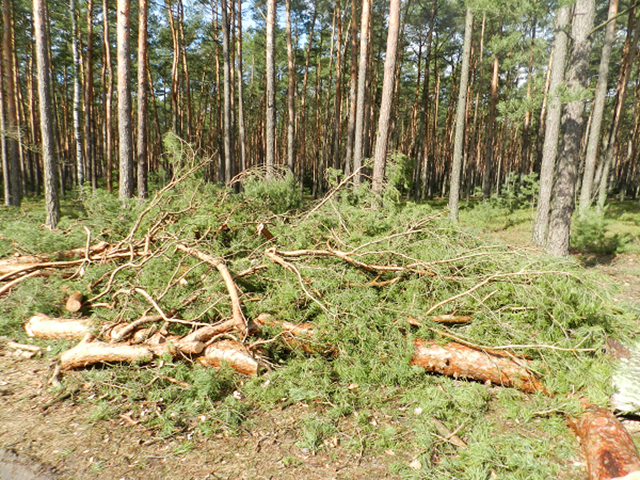
In 2020, FRA:
- Proved successful in having appropriations language included in the FY2021 final spending bill that directed federal agencies to recognize forest-based biomass as carbon neutral in production fuels and energy.
- Worked with our allies to encourage the Environmental Protection Agency (EPA) to propose a rule that would add permanence to the biomass carbon neutrality. At the time of writing, this rule is still under review.
- FRA prepared state forest carbon reports which were then published on our website. These were designed to provide information at the state level on the importance of forests in combating climate change.
- Continued support of Biomass 101 and moved forward with identifying the audience for an educational campaign on the merits of the carbon neutrality of woody biomass and correcting false media reporting with facts.
Other Priorities
In 2020, FRA continued to advance grassroots and advocacy opportunities for our members, worked closely with strategic allies to address policy priorities, and coordinated, reviewed, and submitted comments on agency rulemaking that impacts the forest products industry.
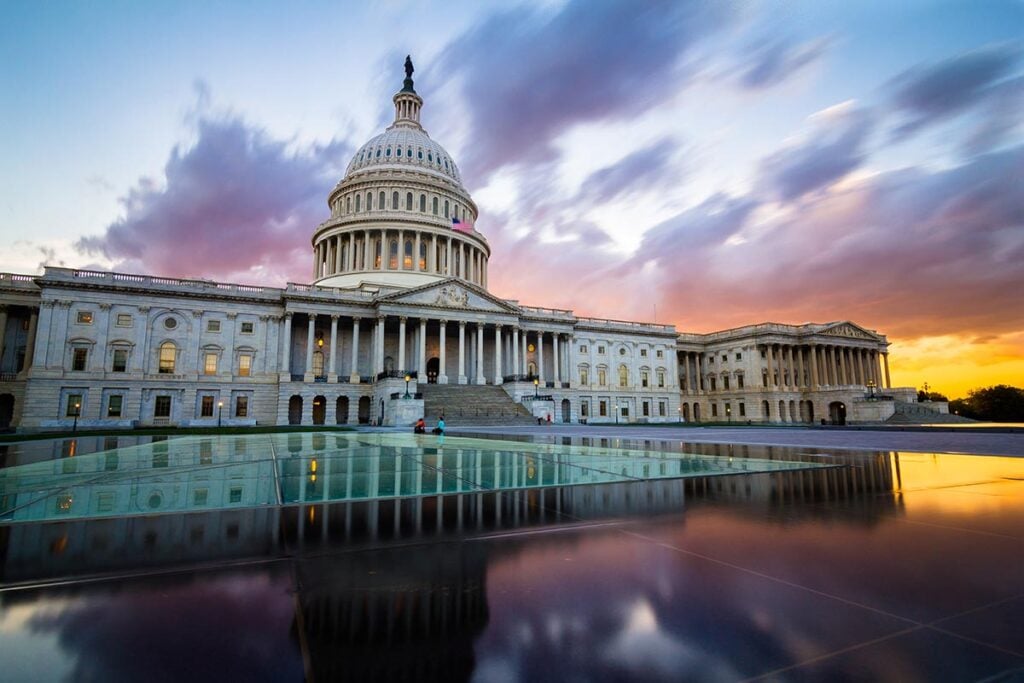
Towards these priorities, FRA:
Logger Relief
- Worked with the White House and National Economic Council staff and Congressional Members to support the Americans Loggers Council effort to provide financial relief to timber harvesters and timber hauling business that were negatively impacted by the COVID-19 pandemic.
Softwood Lumber Boom
- Met with the Chief Economic Advisor of the National Economic Council to discuss the rapid escalation of softwood lumber prices and engineered wood products such as oriented strand board. During these discussions, FRA provided information showing the reasons for the rapid escalation to help avert a government intervention into the softwood lumber business.
Rulemaking
- Prepared and submitted comments supporting the Federal Motor Carrier Safety Administration (FMCSA) proposed September 10 pilot program that would allow 18-20-year-olds to operate a commercial vehicle in interstate commerce. This pilot program will be monitored and determine if young drivers present a higher risk for accidents than drivers 21 and over.
- Prepared and submitted comments supporting the FMCSA new hours of service (HOS) regulations that provide more flexibility for short-haul drivers and went into effect on September 29. Among changes to the HOS regulations, the rule extended on the clock time from 12-14 hours and increased the short-haul distance from 100 to 150 miles. The change will have a positive impact on transporting raw forest products from the woods to the mill.
Lake States Region Bat Habitat Conservation
- Led the industry effort to coordinate comments on the final chapters of the Lake States Region Bat Habitat Conservation Plan (HCP). The draft HCP will be submitted to the U.S. Fish and Wildlife Service (USFWS) for review and publication in the Federal Register, which will begin a public comment period. We anticipate the HCP plan to be completed in 2021.
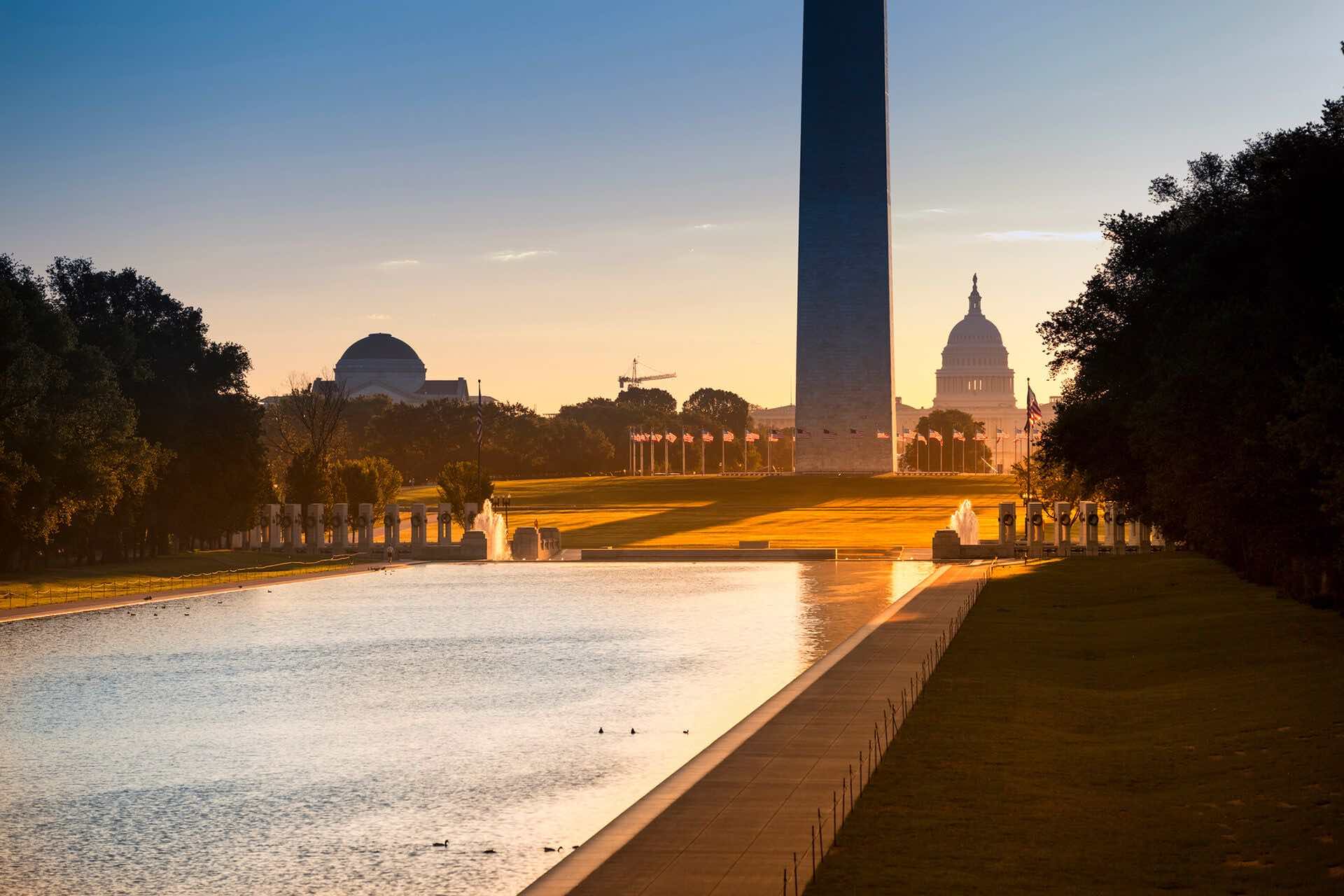
Call to Action
FRA’s efforts in 2020 to provide an effective member voice in Washington, DC, were multifaceted and targeted our key legislative and regulatory priorities.
Go to FRA Take Action